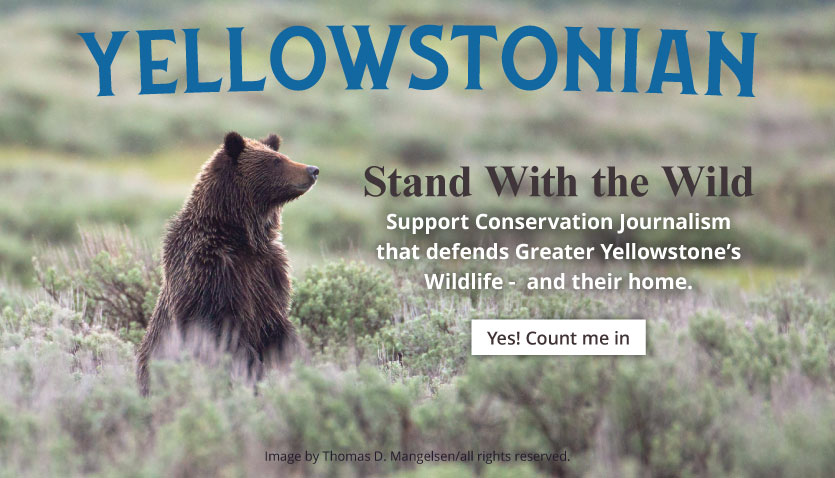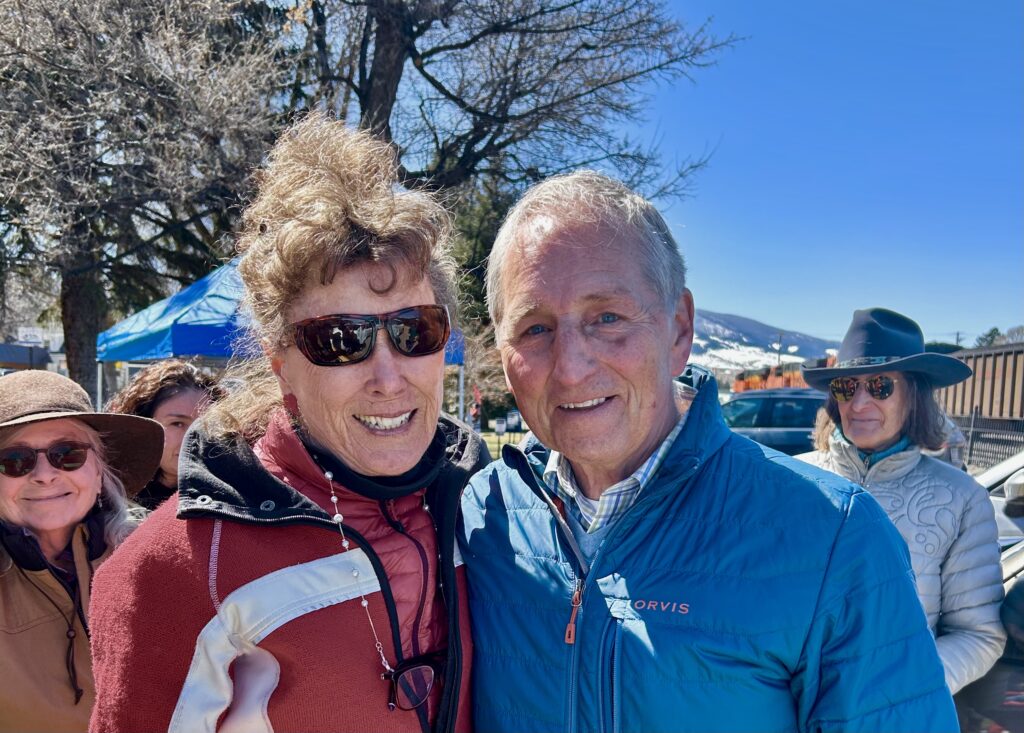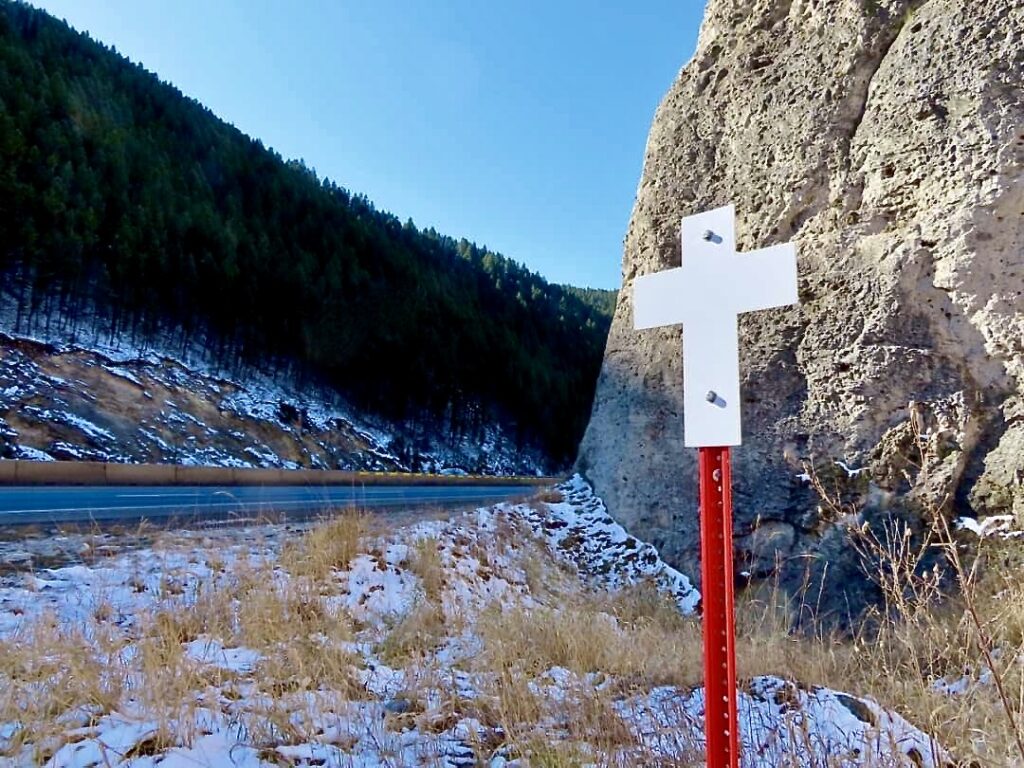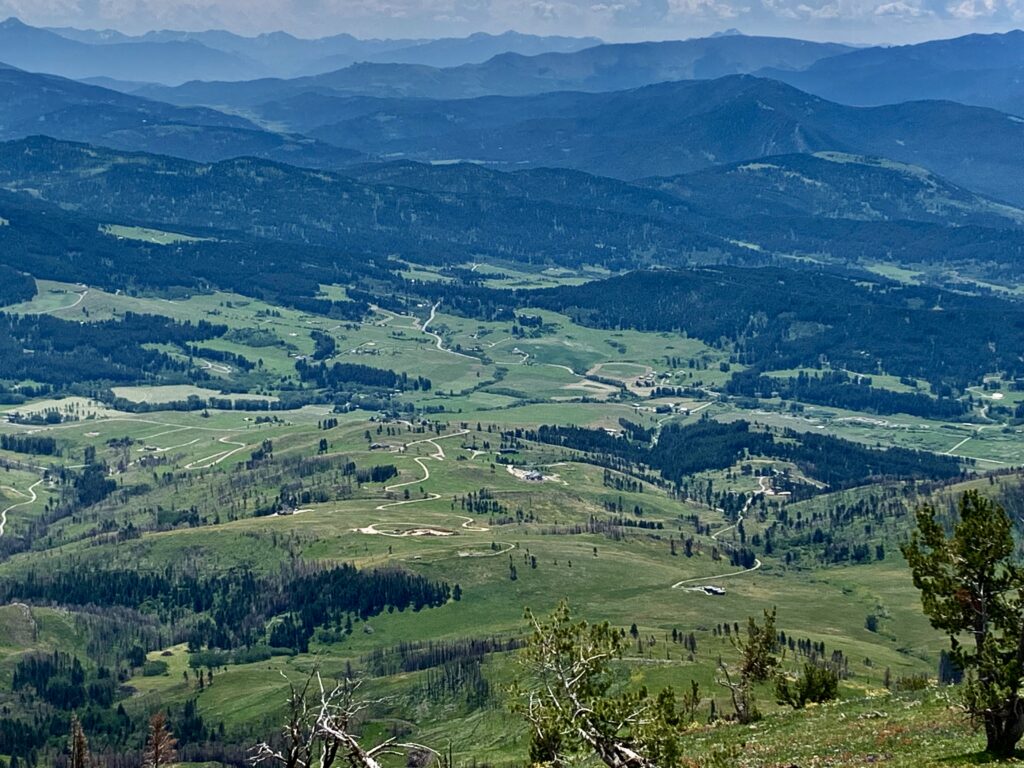March 13, 2025
To: US Sens Steve Daines and Tim Sheehy and US Representatives Ryan Zinke and Troy Downing
We, the undersigned, are 42 retired or active biologists with over 1,351 years of collective experience managing Montana’s natural resources. We write to express our concern over the dramatic damage to Montana citizens and our Federal government being implemented by the Department of Government Efficiency (DOGE).
We acknowledge that government agencies should always strive to be leaner and identify ways to increase efficiency. However, indiscriminately cutting agencies and their highly experienced workforce especially in western states with high proportions of public lands under the guise of efficiency without intimate knowledge and evaluation of the important work they do, will ultimately do a great disservice to Montana and to America. Although these cuts directly affect Federal agencies, they will also damage Montana state agencies’ abilities to manage natural resources skillfully.
We have concerns about the damage that will result from cuts of scientific expertise within the Department of Interior. As one example, consider the Northern Rocky Mountain Science Center (NOROCK), part of the United Stated Geological Survey (USGS). Recognized worldwide for its excellence, NOROCK addresses issues important to people and communities, including wildlife and fish conservation, ecosystem change in response to climate and land uses, and threats to our wildlife and fisheries from disease and invasive species. ‘
NOROCK scientists have developed knowledge that is essential to maintaining the healthy environment in Montana that we all cherish. NOROCK provides vital science support to Yellowstone National Park, Grand Teton National Park and Glacier National Park and to state and Tribal agencies as they respond to hotter, drier conditions, threats to healthy fisheries, diseases such as Chronic Wasting Disease (CWD), brucellosis, and whirling disease, and to invasive species such as Zebra mussels.
NOROCK is also the home the Interagency Grizzly Bear Study Team (IGBST) that leads all the research and monitoring of the Yellowstone grizzly population. Without the IGBST, grizzly bear recovery and delisting will fail. USGS scientists in the NOROCK Science Center in Bozeman and the Glacier NP Field Station provide science-based management strategies for the wildlife and the ecosystems inside and outside our National Parks, working in close partnership with state agencies like Montana Fish Wildlife and Parks and the Tribes.
Our public lands and the public’s use of them would be severely impacted by unwarranted terminations of the scientists at NOROCK. At risk wildlife populations will decline and perhaps disappear. As Montanans, we value the work of these skilled scientists and public employees.
We request that you speak up and use your influence to protect NOROCK and its employees from these unwarranted attacks by DOGE. Please use your position to stop the ongoing indiscriminate and uninformed destruction of significant portions of our Federal government and the destruction of most regulations that protect our Montana environment.
Sincerely,
Chris Servheen, Ph.D. Missoula, MT.
Chuck Schwartz, Ph.D. Bozeman, MT.
Richard Mace, Ph.D. Kalispell, MT.
Mike Madel, B.S. Choteau, MT.
Tim Manley, B.S. Bigfork, MT.
Harvey Nyberg, M.S. Lewistown, MT.
Gayle Joslin, M.S. Helena, MT.
Bruce Sterling, M.S. Thompson Falls, MT.
Diane Boyd, Ph.D. Kalispell, MT.
Jim Vashro, M.S. Kalispell, MT.
Richard Harris, Ph.D. Charlo, MT.
Kristi DuBois, M.S. Missoula, MT.
Tim Thier, M.S. Trego, MT.
Gary Olsen, M.S. Conrad, MT.
Gary Wolfe, Ph.D. Missoula, MT.
Greg Munther, M.S. Missoula, MT.
Sterling Miller, Ph.D. Lolo, MT.
Dan Carney, M.S. East Glacier, MT.
Douglas H. Chadwick, M.S. Whitefish, MT.
Tom Puchlerz, M.S. Stevensville, MT.
Kate Kendall, M.S. Columbia Falls, MT.
Joe Fontaine B.S. Helena, MT.
Jay Gore, M.S. Missoula MT.
Mary Maj, M.S. Bozeman, MT.
Dale Becker, M.S. Kalispell, MT.
Edward Bangs, MS. Helena, MT.
Jack Stanford, Ph.D. Bigfork, MT.
Kerry R. Forsman, Ph.D. Missoula MT.
Mike Phillips, M.S. Bozeman, MT.
Douglas Smith, Ph.D. Bozeman, MT.
Mike Jimenez, M.S. Big Arm, MT.
Marion Cherry, M.S. Bozeman, MT.
Bob Henderson, M.S. Missoula, MT
Anne Vandehay, M.S. Helena MT.
Dale Harms, M.S. Helena MT.
Glenn Elison, M.S. Lewistown, MT.
Skip Kowalski, M.S. Stevensville, MT.
Chris Smith, M.S. Helena, MT.
Steve Gniadek, M.S. West Glacier, MT.
Brian Marotz, M.S. Kalispell, MT.
Bill Geer, M.S. Lolo, MT.
Dan Vermillion, M.S. Bozeman.






